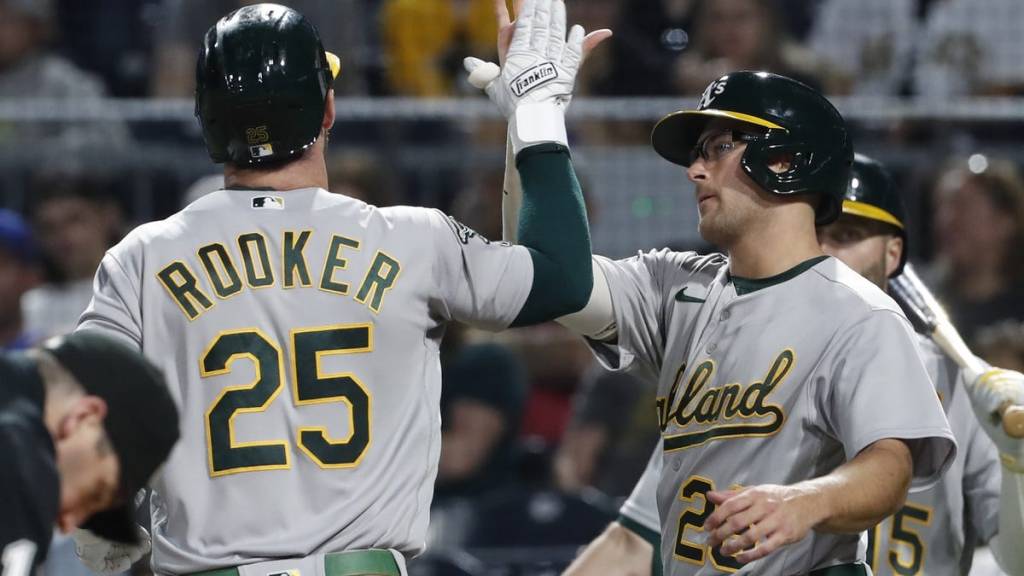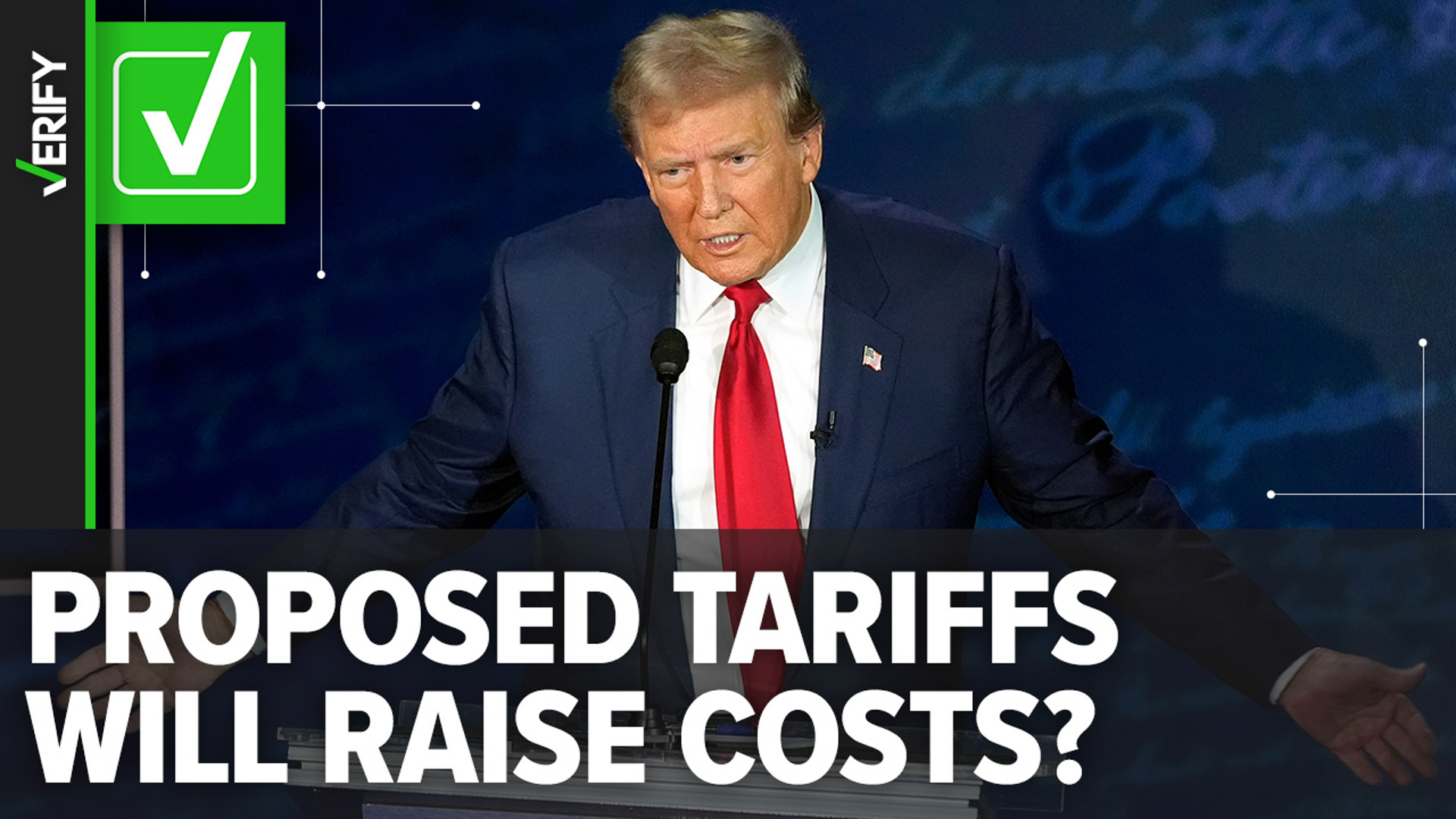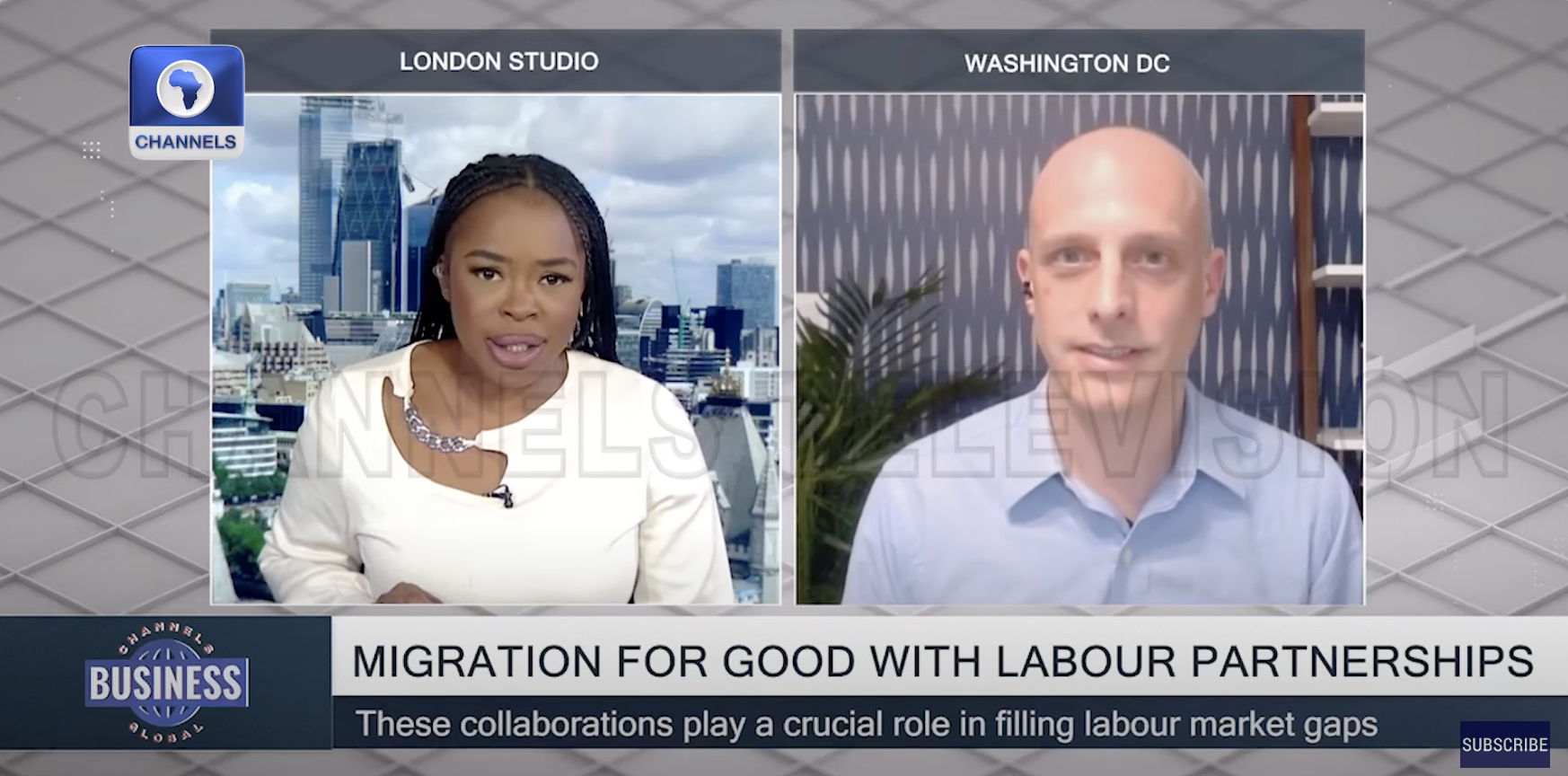Meta Faces FTC: A Deep Dive Into The Instagram And WhatsApp Antitrust Battle

Table of Contents
The FTC's Case Against Meta: Allegations of Anti-Competitive Behavior
The FTC's core argument revolves around the assertion that Meta's acquisitions of Instagram and WhatsApp were not simply strategic business moves but rather deliberate attempts to eliminate potential competitors and solidify its dominance in the social media market. This alleged anti-competitive behavior, the FTC claims, has harmed consumers through reduced innovation and limited choices.
The Instagram Acquisition
The FTC contends that Meta's acquisition of Instagram in 2012 stifled competition by removing a significant emerging rival in the photo-sharing market. At the time of the acquisition, Instagram was rapidly gaining popularity, posing a potential threat to Facebook's market share. The FTC argues that this acquisition eliminated a key innovator and prevented the emergence of a strong independent competitor. Market share data from that period, along with competitor analysis, is central to the FTC’s case. The lack of a strong independent competitor, they claim, resulted in:
- Reduced competition in the photo-sharing market: Limiting consumer choices and potentially leading to higher prices or reduced service quality.
- Limited consumer choice and innovation: Stifling the development of alternative platforms and features.
- Potential for higher prices or reduced quality services: Due to the lack of competitive pressure.
The WhatsApp Acquisition
Similarly, the FTC argues that Meta's acquisition of WhatsApp in 2014 further solidified its monopolistic position, this time within the messaging app market. The FTC asserts that Meta used its substantial market power to suppress competition by acquiring a major player before it could challenge Facebook's dominance. Specific examples of alleged anti-competitive practices cited by the FTC related to WhatsApp include:
- Elimination of a potential competitor in the messaging app market: Preventing the development of a truly competitive alternative.
- Data integration and privacy concerns: The FTC raises concerns about the integration of WhatsApp user data with Facebook's vast data reserves, potentially raising privacy concerns and leveraging user data across platforms.
- Potential for leveraging user data across platforms: Utilizing WhatsApp user data to enhance Facebook's advertising capabilities and further solidify its market dominance.
Meta's Defense: Arguments Against Antitrust Claims
Meta vehemently denies the FTC's allegations, arguing that its acquisitions of Instagram and WhatsApp were pro-competitive and ultimately beneficial to consumers. Their defense strategy rests on several key arguments.
Arguments for the Acquisitions
Meta’s counter-argument emphasizes the integration of these platforms, leading to improved user experiences and increased innovation. They point to:
- Integration leading to enhanced user experience: Features like cross-platform messaging and improved functionalities.
- Increased investment and innovation in both platforms: Highlighting significant investments in infrastructure and new features since the acquisitions.
- Claims of expanded user reach and benefits for businesses: Arguing that the acquisitions allowed for expanded reach for businesses and creators.
Legal and Economic Arguments
Meta's legal team employs a multi-pronged approach, including:
- Challenges to the FTC's definition of the relevant market: Arguing that the FTC's definition of the market is too narrow and doesn't accurately reflect the competitive landscape.
- Arguments that the acquisitions increased competition rather than stifled it: Highlighting increased innovation and user choice as a result of the integrations.
- Legal arguments against the FTC's jurisdiction or legal standing: Challenging the FTC's authority to pursue this case.
Implications and Potential Outcomes of the Antitrust Battle
The outcome of this antitrust battle holds significant implications for the future of the tech industry. A ruling against Meta could:
- Increase regulatory oversight of Big Tech: Leading to stricter regulations on mergers and acquisitions in the tech sector.
- Changes in merger and acquisition guidelines: Potentially requiring more stringent scrutiny of future acquisitions by large tech companies.
- Potential for divestiture of Instagram or WhatsApp by Meta: A significant outcome, potentially reshaping the social media landscape.
- Impact on data privacy regulations: Further influencing discussions and regulations surrounding data privacy and user data usage.
Conclusion: The Future of Meta and Antitrust Regulation
The Meta Faces FTC: Antitrust Battle highlights the complex interplay between innovation, competition, and regulation in the tech industry. The FTC's case rests on allegations of anti-competitive behavior, while Meta defends its acquisitions as pro-consumer and beneficial to innovation. The potential outcomes range from increased regulatory scrutiny and altered merger guidelines to a forced divestiture of acquired platforms. The ultimate decision will have a profound impact on the future of social media and antitrust law, shaping how future mergers and acquisitions in the tech industry are evaluated and regulated. Stay informed about developments in the Meta Faces FTC: Antitrust Battle and engage in discussions regarding the regulation of big tech companies and the protection of consumer interests.

Featured Posts
-
 Oakland Athletics Edge Out Milwaukee Brewers 3 1
Apr 23, 2025
Oakland Athletics Edge Out Milwaukee Brewers 3 1
Apr 23, 2025 -
 Navigating The Economic Uncertainty The Impact Of Trumps Tariffs On Canada
Apr 23, 2025
Navigating The Economic Uncertainty The Impact Of Trumps Tariffs On Canada
Apr 23, 2025 -
 Points Forts Du 18h Eco Lundi 14 Avril
Apr 23, 2025
Points Forts Du 18h Eco Lundi 14 Avril
Apr 23, 2025 -
 Brewers Historic Win A Crushing Blow To The Athletics
Apr 23, 2025
Brewers Historic Win A Crushing Blow To The Athletics
Apr 23, 2025 -
 Removing Barriers To Internal Trade In Ontario Alcohol And Labour Mobility Reforms
Apr 23, 2025
Removing Barriers To Internal Trade In Ontario Alcohol And Labour Mobility Reforms
Apr 23, 2025
